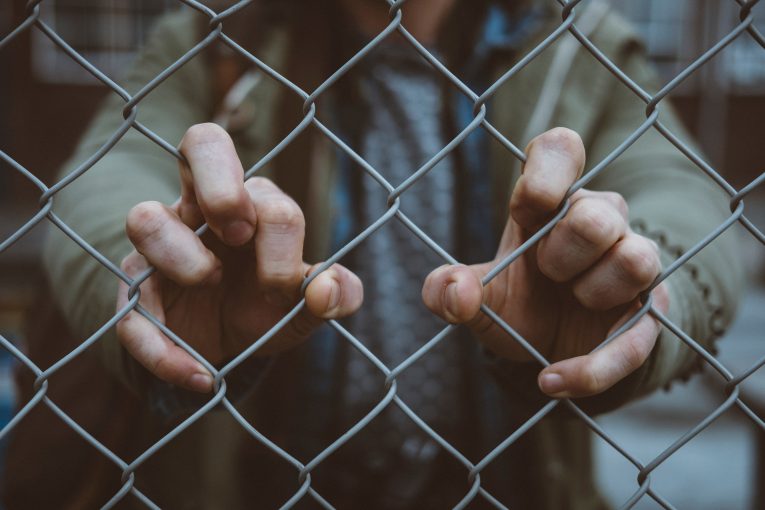

By Paloma Sifuentes
WASHINGTON, DC – National Consumer Law, the Prison Policy Initiative and Equal Justice Works are strongly opposing the federal Bureau of Prison proposed rule that would allow the seizure of the wages of incarcerated individuals and funds sent by family members to pay for prison fines and fees.
The proposed rule will allow the seizure of 75 percent of the funds sent to inmates by their family members to pay for prison fines and fees.
Advocates said while the Bureau recognizes inmates need funds for basic necessities such as hygiene products, food, medication and communications with family and attorneys, it will still take 25-50 percent of the wages from the inmates as well.
Caroline Cohen from Equal Justice Works argued, “Under the proposed rule, a child’s non-incarcerated caregiver must pay $100 to fund $25 worth of communications with the child’s mom or dad—the equivalent of 300 percent inflation, noting this puts underprivileged children to an even more disadvantage with less contact with a family member and decrease in financial stability.
Mike Wessler of the Prison Policy Initiative said, “President Biden has made advancing racial equity and supporting underprivileged communities a pillar of his administration,” but the new rule will take the funds from the communities and wages from inmates throughout the entire federal prison population which mostly consist of minorities affected by poverty.
Additionally the Bureau’s proposed rule is legally defective on the basis of their policy based failings, claims Stephen Raher of the Leonard Law Group, who said, “The Administrative Procedure Act requires federal agencies to take a ‘hard look’ at data and alternative approaches when making policy decisions as part of a rulemaking–which it failed to do here.”
The advocates did come up with an alternative solution, suggesting a threshold—this approach would mean that if deposits are below a reasonable predetermined amount, the Bureau would not garnish any funds for the IFRP.
Ultimately advocates argue, “We oppose the proposed rule because it is unjustified and inequitable and would harm incarcerated people who lack financial resources and their families.”